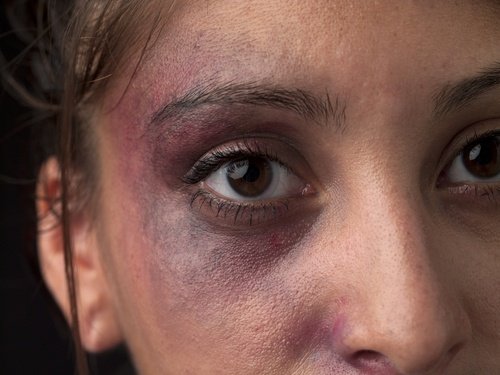
This is significant because very often employees lack the resources to pay for all of an injured person’s compensatory damages in Nevada. Employers, however, are more likely to have insurance and the ability to pay out larger claims.
Examples of negligent hiring, retention or supervision of an employee include:
- A ride-sharing company hires a driver with a past sexual assault conviction and the driver rapes a passenger;
- A daycare center ignores repeated complaints of an employee shaking children and the employee shakes a child and causes a traumatic brain injury;
- A Las Vegas hotel fails adequately to train its lifeguards on how to prevent a drowning accident and, as a result, a guest suffers a wrongful death under Nevada law.
To help you better understand the law on negligent hiring, retention and supervision, our Nevada personal injury lawyers discuss, below:
- 1. The elements of a claim for negligent hiring, retention or supervision
- 2. Nevada’s law on negligent hiring of an employee
- 3. Nevada’s law on negligent retention of an employee
- 4. Nevada’s law on negligent supervision or training of an employee
If you are an employee who was injured on the job, you may also want to visit our page on workplace injuries in Nevada.

1. The elements of a claim for negligent hiring, retention or supervision
There are four basic elements to a claim for negligently hiring, retaining or supervising an employee in Nevada:
- The employer had a duty to protect the plaintiff from harm resulting from its employment of the employee;
- The employer breached that duty by hiring or retaining, or failing to train, supervise, or discipline the employee;
- The employee committed a wrongful act that was the proximate cause of the plaintiff’s injuries; and
- As a result of the injuries, the plaintiff incurred damages.
This differs from the vicarious (indirect) liability imposed on Nevada employers under the related doctrine of respondeat superior. Vicarious liability applies when an employee performing his or her regular job duties causes an injury that is a normal risk of doing business.1 An example is a food service worker causing a slip-and-fall accident by spilling a beverage.
2. Nevada’s law on negligent hiring of an employee
An employer negligently hires an employee when it:
- Fails to conduct a reasonable background check to ensure that a potential employee is fit for the position, or
- Hires an employee even though it knew, or should have known, that the employee had dangerous propensities that could result in harm to others.2
Example: Joseph had a three-year old conviction for Nevada DUI of drugs when he applied to drive for a ride-sharing company. Nevada law prohibits a ride-sharing or taxi company from engaging anyone with a DUI conviction within the previous seven years.3
However, the person handling Joseph’s application misplaced the background check and Joseph was hired. While driving to work stoned one day, Joseph caused a car accident on I-215 and a passenger in another car suffered a serious spinal injury. Another car swerved and caused an accident with a pedestrian, leaving the pedestrian with a brain injury.
The other drivers, the passenger and the pedestrian all sue the ride-sharing company and its commercial liability insurer. They claim the company is liable for the Nevada ride-sharing accident because it is “negligence per se” in Nevada to hire a driver with a recent DUI conviction.
3. Nevada’s law on negligent retention of an employee
Negligent retention occurs when an employer continues an employment relationship after learning that one of its employees poses a potential danger to others.
Example: Edward works as a bouncer for an exclusive nightclub at a Las Vegas strip hotel. The club owner has received several complaints from patrons that Edward uses unnecessary physical force to eject potential patrons who are not on the guest list.
The club owner does nothing about the complaints. Eventually, Edward punches someone who refuses to get out of the entrance line. He breaks the guest’s jaw. The guest may be able to sue the establishment for his medical bills and lost wages because the club negligently retained an employee it knew posed an unreasonable danger to patrons.
4. Nevada’s law on negligent supervision or training of an employee
Negligent supervision of an employee occurs when an employee injures someone because the employer failed to train, supervise, or discipline the employee adequately.
Example: Leo is hired as a salesperson at a retail appliance store and warehouse. He is not trained in loading boxes onto the dolly.
One day while moving a small refrigerator for a customer, Leo loses control of the dolly and the box topples onto the customer. She falls to the floor and breaks her wrist. The customer sues the store for her medical bills and lost wages and for pain and suffering under Nevada law.
Injured by an employee in Las Vegas? Call us for help…

If you were injured by someone’s employee, we invite you to call us for a free consultation to find out whether the person’s employer might be liable.
Our Las Vegas injury lawyers are familiar with all the legal theories under which an employer might be liable for the wrongful acts of its employees.
Don’t give up on a claim simply because an employee doesn’t have assets.
Call us or fill out the form on this page to find out if there is another party you can recover compensation from.

